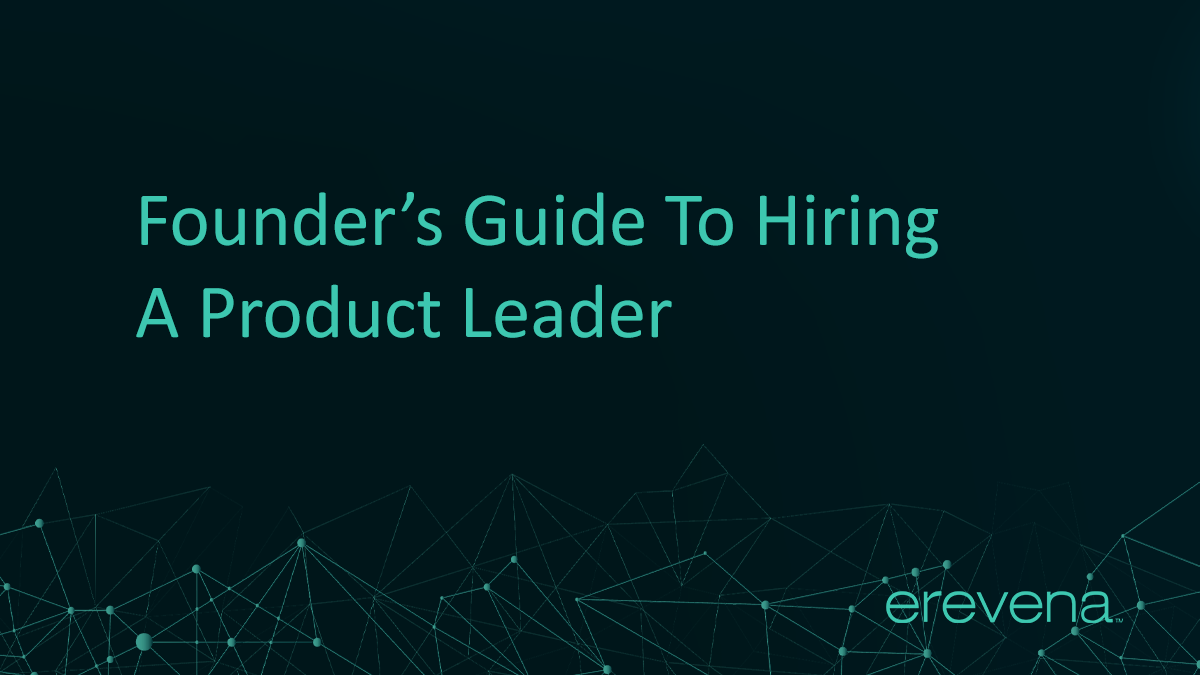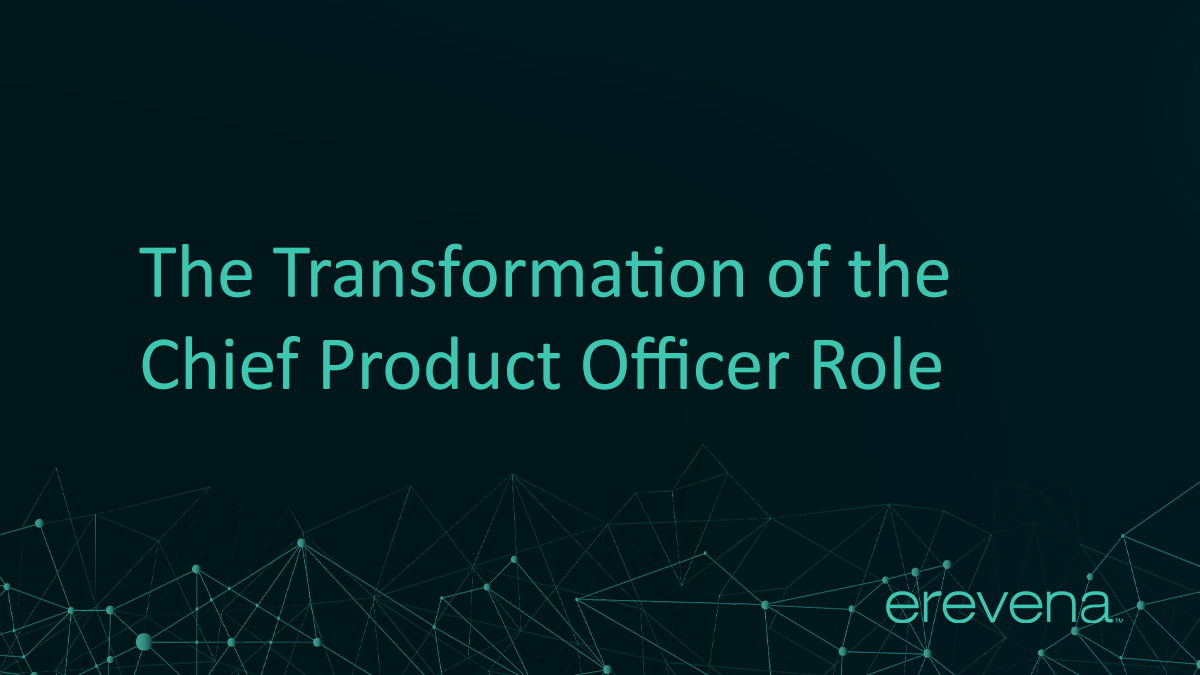Kevin Elderfield – Partner at Erevena – shares his thoughts on general characteristics to look for, in view of the scarcity of IoT-specific skills in the market.
Based on 20+ years of technology search experience from the dot com boom of the nineties to today’s increasing interest in IoT. This article follows on from ‘Hiring for your IOT Journey’ by Pilgrim Beart, Founder at DevicePilot
Curious people
We ask questions to explore whether candidates are naturally “tech-curious” and get a buzz out of innovation. We’re less excited by people with a history of delivering dull, me-too technologies.
“What are two or three industry trends and innovations that you think are really exciting right now?”
IoT requires strategic and innovative thinking, so we need people who will seek out and identify business opportunities that can be addressed by the internet of things. We want people who are able to look at tying the adoption of new tech to business results. As such, we try and gauge their level of passion in this area, asking them about the trends and technologies that they find exciting right now, the specific business applications and companies that have inspired them. Try asking them – “What are two or three industry trends and innovations that you think are really exciting right now?” Are their answers deep and engaged, or just superficial? Try to understand their level of passion – what do they read? What events do they go to? Where do they see the future of IoT?
From a commercial perspective, and to a lesser extent across the whole company, is it worth considering the importance of working with people that have experience in category creation and definition. Finding people that have worked in environments where they’re building/marketing/selling solutions that are so new or different that there’s no budget allocated by customers is an effective way of bringing creativity into the business. This is particularly useful in IoT which is still so fresh, and as mentioned previously, is so broad in use cases and customer sets that customers are often unaware of the solution that you can provide (and therefore haven’t budgeted for it).
Speed, agility, collaboration
We look for people who not only have a broad range but who can also operate at pace and get things done, with a “fail fast” mentality. Runners, not walkers. Ask,
“How did you approach the launch of that project? How did you maintain momentum? What would you have done differently? What were your key learnings?”
No one can achieve much on their own, so we look for collaborators – within small organisations, people who can engage with other individuals and teams across a wide range of disciplines, and also externally with other partners, developing relationships, keeping them engaged and keen to move forward.
Analytical
People in IoT projects must be comfortable with and excited by the idea of optimising data for commercial gain. Consulting organisations can be a good place to hunt, and indeed even those with a strategic consulting background. One caveat, however, is that whilst these individuals bring real intellectual horsepower, theoretical understanding, and insights… that doesn’t necessarily mean they will be adept at stepping into “doing” roles in live operational environments.
Always learning
When people talk about “full-stack developers”, this normally includes experience around the IoT hardware stack and embedded systems. Having said that, it’s no longer possible to understand everything right down to the transistors, and indeed no longer necessary in some businesses.
It’s in the nature of IoT that candidates won’t necessarily have all the technical skills, but they need to be hungry to learn. The company needs to be committed to enabling that as it’s essential to good technical candidates to be able to keep developing their skills in order to remain valuable in a fast-changing job market.
Customer success
Historically we have defined roles of traditional departments like customer support, operations, product, and sales, and those are still very useful terms and roles. For some time now, we’ve seen the rise of the customer success function in businesses. This recognises that optimising the customer journey is essential for any digital business, and especially to IoT.
The customer success role was initially defined by SaaS companies who were trying to reduce their customer churn, but now it’s taken on a much more positive, proactive meaning: someone empowered to gather data from traditional functions and use it to optimise the key metrics of customer success such as acquisition, churn, net promoter score, and so on, whilst keeping the size of the organisation small by enabling customer self-service as much as possible.
In short – customer success epitomises the customer-centric nature of modern IoT businesses.
Share this article:













